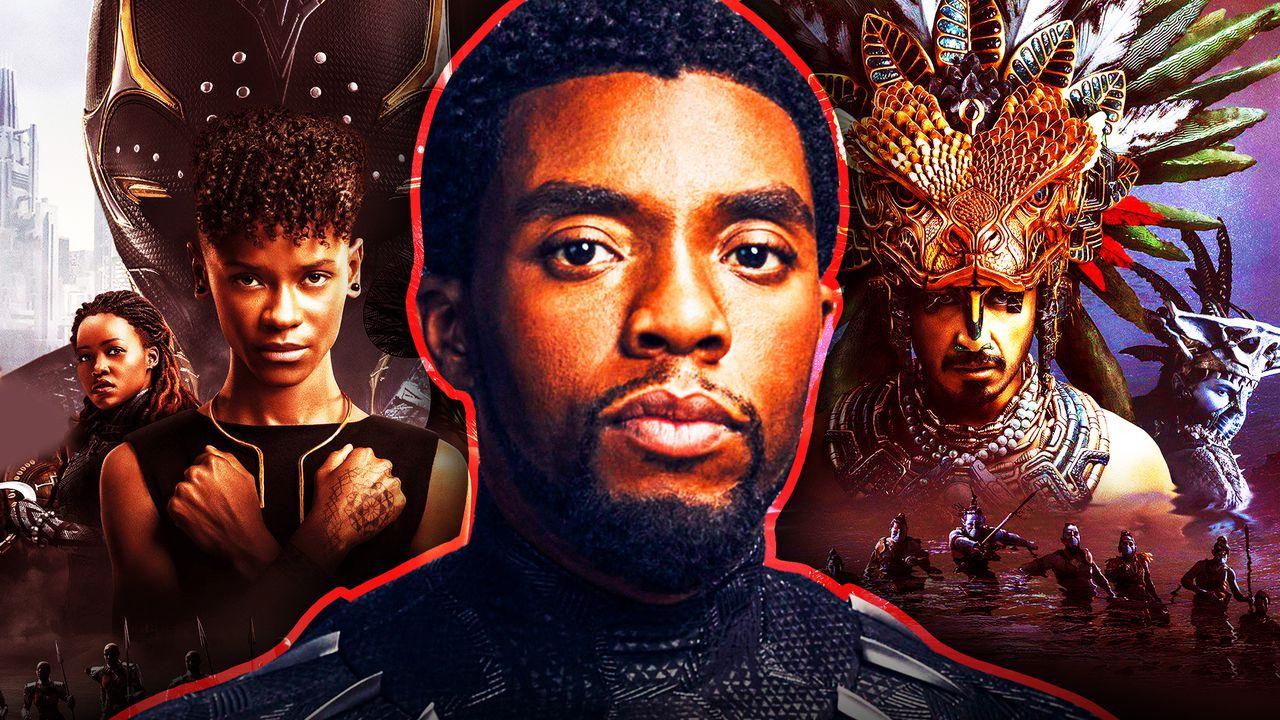
Ryan Coogler, the director of Black Panther: Wakanda Forever, explained the reasons for T'Challa's cause of death and why it couldn't have been in battle.
Black Panther 2 isn't just one of the most emotional MCU films, but also the most personal.
Due to the sudden passing of Chadwick Boseman and the decision not to recast the actor, Wakanda Forever mirrored the real-life experiences of the cast and crew, as well as that of the audience.
One of the most notable similarities was the cause of T'Challa's death, which, just like Boseman, was sickness.
While Marvel fans have witnessed the loss of main characters before, it's often due to a battle, sacrifice, or a Mad Titan's snap. But according to Ryan Coogler, the decision behind T'Challa's cause of death had everything to do with his sister, the next Black Panther.
The Reason Why T'Challa Didn't Die in Battle

In talking with The New York Times, Black Panther: Wakanda Forever director Ryan Coogler and screenwriter Joe Robert Cole broke down the reasons why they incorporated the loss of Boseman's T'Challa into the sequel.
When asked about the decision to open the film with T'Challa's funeral, Cole explained that they "needed to introduce a different version of Shuri" to set up her journey:
"Just practically, everyone was going to be waiting to see how we dealt with it, so doing it right up front made sense. In terms of the characters, we needed to introduce a different version of Shuri [T’Challa’s sister, played by Letitia Wright]. We’re showing the moment that she becomes a different person than the person we met. She’s the smartest person in the world, but she can’t save her brother. What does that do to you?"
Coogler dove even deeper in terms of Letitia Wright's character becoming a "different person," referring to the "transformative quality of grief" and how a person becomes "completely different in some ways:"
"We wanted to have an emotionally intelligent conversation. It’s about the transformative quality of grief and trauma. There’s this expectation with emotional trauma that you just need time. 'Oh, give them a couple weeks off; they’ll come back to work and get back to it.' But that person is completely different in some ways. You just don’t see it because the change isn’t visible."
As to why the team chose to have T'Challa pass away from sickness and how that affected Shuri, Coogler referred back to the character's failure to recreate the heart-shaped herb, saying, "we didn't want her to have anywhere to displace her anger."
In other words, there's no outside force, no coordinated attack, and no Thanos and a gauntlet of Infinity Stones to blame.
This was the driving force behind Shuri's personal arc because, as Coogler explained, she was in "a situation where the only place to go was internal:"
"If somebody else would’ve taken T’Challa out, Shuri would’ve looked for that person. We wanted it to be a situation where the only place to go was internal."
How Coogler's Decision Made Shuri a Leader
Leading up to the release of Black Panther: Wakanda Forever, one of the biggest questions was just how Coogler and his team would address the loss of Boseman and integrate that into the film.
Discovering that T'Challa passed from similar causes to the actor was surprising but, for most audiences, also fitting.
Not only did it further blur the lines between Boseman and his character, but it grounded the MCU in that superheroes are humans too. And now, learning the reasons behind Coogler's decision, it's hard to imagine Marvel handling T'Challa's death any other way.
As the director pointed out, if T'Challa had died from an attack, "Shuri would’ve looked for that person." Instead of overcoming something within herself, she would only be focused on overcoming an external threat. Her story would've been reactionary.
The fact that Coogler found a way to put story and character first while also respectfully handling real-life loss is a credit to him as a director and storyteller; it also set the stage for Shuri's MCU future.
Granted, her intelligence has always made her useful, but her newfound personal growth and empathy make her a candidate to lead.
Perhaps Namor said it best when he told her, "Only the most broken people can be great leaders."
Black Panther: Wakanda Forever is playing in theaters now.












